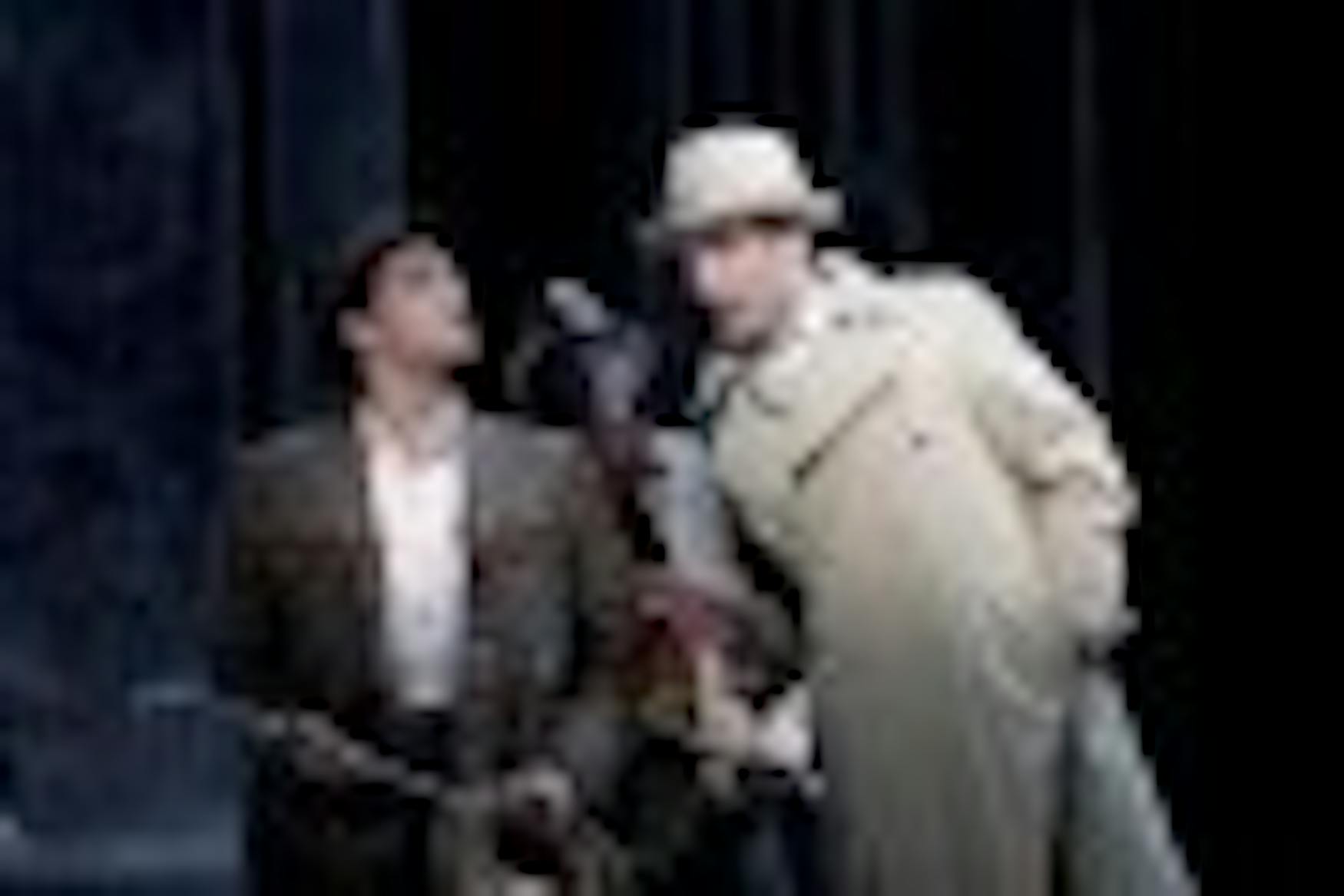Don Giovanni' seduces audiences
Mozart's Don Giovanni is one of the oldest of operatic warhorses for good reason: There are few operas that combine such graceful music with a protagonist as compelling as this lascivious libertine with a heart not of gold but "of stone, or none at all," to quote the character himself. As a result, every performance needs something unique to make it more memorable than the last. The Boston Lyric Opera's recent production of Don Giovanni found it in both an intriguing set and a highly talented cast whose members were all well-suited to their roles.Don Giovanni, which was well-received at its premiere by an enthusiastic Prague public, opens not with love but with murder: Donna Anna runs out of her home screaming after the titular pleasure-obsessed Don sneaks into her bedroom to seduce her. He stabs her father the Commendatore in the ensuing tussle, and Donna Anna and her soon-to-be husband Don Ottavio swear vengeance. Between staving off the enraged blows of his equally vengeful ex-lover Donna Elvira and trying to spirit the commoner Zerlina away from her fiancé Masetto, Don Giovanni and his sidekick Leporello keep themselves busy with seductive hijinks. But the Don meets his match in the Commendatore's possessed statue, which he saucily invites to a dinner party at his home despite Leporello's misgivings. After Don Giovanni refuses the Commendatore's order to mend his wicked ways, the statue drags him to hell.
It's unsurprising to learn that Christopher Schaldenbrand has had ample experience singing the role of Don Giovanni. He philandered his way across the stage with outstretched arms and an insouciant cant to his hips, bringing an extra dimension to his impressive voice. But as thrilling as Schaldenbrand's rendition of the "Champagne Aria" was, it was Matthew Burns as Leporello who shone with the "Catalogue Aria." His voice was precise and agile as he sang the Don's list of lovers to a spurned Elvira, and his body language edged on the opera buffa-a comic, almost slapstick style of opera-as he tossed little black, red, green and blue books from his pockets. Burns kept the audience chuckling and sometimes laughing outright throughout most of his time on stage, but no more so than during that aria.
Susanna Phillips was touching and sensitive in her role as the emotionally distraught Donna Anna, particularly when singing Non mi dir to her lovelorn fiancé Don Ottavio, adeptly sung by the promising young Matthew Plenk. Kimwana Doner was excellent as Donna Elvira, and Heather Johnson was likewise entertaining playing an earthy, knowing Zerlina to Joseph Valon's indignant Masetto. Ulysses Thomas cut an intimidating figure as the Commendatore. The orchestra under the baton of Anthony Barrese was precise and nuanced, the overture a pleasure to hear.
While the staging at the end of the opera was forced-bringing up the house lights as the cast sings Questo ae il fin was a little overdone, as was the ungainly portrayal of Don Giovanni's demise-the set and costuming were excellent overall. The bleak grey stage was seedy and grim, which belied the opera's comedic element and in some ways foreshadowed the untimely death of the doomed libertine, and gasps could be heard throughout the hall as the curtain rose and revealed a storm of glittering "raindrops." As often as opera fans experience Don Giovanni, the across-the-board quality of this production make it a memorable one.



Please note All comments are eligible for publication in The Justice.